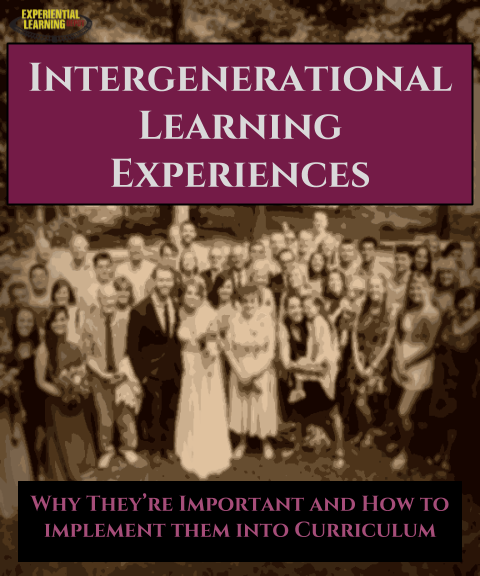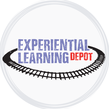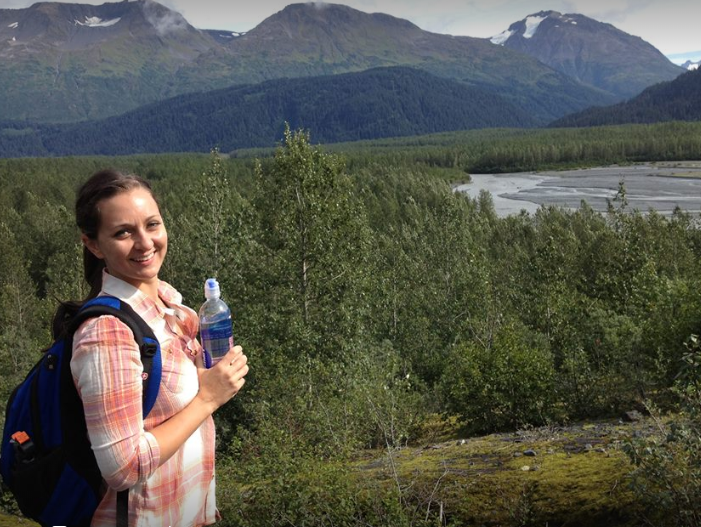|
Experiential learning resources for the innovative educator
The Importance of Intergenerational Learning Experiences
The young and the old and everyone in between living, playing, and working side-by-side is a tale as old as time. Yet that tale seems to be one of the past. We currently find ourselves in a
society where those interactions across age groups are few and far between.
Once upon a time intergenerational relationships formed organically. A family living in tight corridors was necessary for survival. Children, parents, grandparents and so on worked and lived as a community working toward the same goals. Their lives were interconnected. Today we live in discrete units. We have our own goals. We have our own lives from 9-5. Students split up by age. A greater role is placed on peers than ever before. Modes of communication have drastically evolved from my grandma's generation to my daughter's generation. Heck, communication has changed dramatically in the past 5 years let alone the past 50 years. Information is at our fingertips. Why ask grandma about the Dust Bowl when I can ask Alexa? I can ask her in the bath. I can ask her while I'm driving. I can even ask her at 3 in the morning when grandma has been long asleep.
Alexa has become such a fixture in our household, that not only does my daughter know how to get what she wants from her, but she also thinks Alexa is a real person. Living with us.
Now don't get me wrong. I don't believe that the changes we've seen, especially in the recent past, are necessarily bad things. Especially when it comes to technology. These changes are here to stay and are continuing to evolve as I write this. The best thing I can do as a parent and teacher is embrace it. But I also don't want to see my children or my students (or myself for that matter) miss out on the amazing benefits of intergenerational relationships.
Before going on I want to be clear about the definition of intergenerational. The way I mean it in this context is in connection with learning. Intergenerational learning is when those from varying age groups learn from each other. It's not a matter of being in the same room at the same time with people of all ages, like in a movie theater for example. It's working together with the intention of learning from one another. And yes, older generations CAN learn from younger generations, regardless of what you've heard about millenials, or your fears about Generation Z! Everyone has a role to play. Benefits of Intergenerational Learning Experiences: 1) Learning from each other. 2) Building a stronger, healthier community of trust, reliance, and collaboration. 3) Discovering commonalities. 4) Provides opportunities to see different points of view. 5) Breaks down misconceptions, judgements, and stereotypes. 6) Those involved gain skills from those that are more experienced. This goes both ways. There are skills that young people have that some older generations struggle with. Tech literacy is one example. 7) Older generations can help children develop a healthy self -concept (self-esteem, confidence, identity, ideals, values and priorities.) 8) Intergenerational relationships can provide personal one-on-one attention to a child if approached as a mentorship experience. 9) Gives children someone other than a parent (fear of parental disappointment) or peer (fear of judgement) to confide in. 10) Elders with intergenerational friendships report better mental wellness. Ways of Making Intergenerational Learning Experiences Part of the Curriculum: 1) Consider developing a mentorship program. Bring mentors from various generations to spend time with your students. They can play games, read to each other, chat, build something, etc. But the interactions should be one-on-one and should occur regularly. 2) Start a technology literacy volunteer committee. This would work well for older students. Pull together a group of kids that would like to offer tech lessons to those in the community that need it. 3) Start a club that community members of all ages can join. Ex: book club, knitting club, chess club, etc. 4) Incorporate intergenerational learning experiences into your current curriculum. Don't change anything, just add community volunteers to work with your students in the classroom. 5) Along those same lines, assign a project specifically designed to provide intergenerational learning experiences. I created a PBL project on generations that asks students to interview several individuals from different generations. Check it out here: Project-Based Learning: Generations.
6) Organize shadowing experiences. Older students can arrange shadowing experiences with community members from different generations outside of the classroom. Urge them to make this activity a regular occurrence, not a one time thing.
7) Pen pals - if mobility is a challenge, consider a pen pal program with any number of mixed- generation facilities. An assisted living facility is one option. These relationships don't have to be between children and the elderly, however. My high school students used to go to an elementary school once a week to read to first graders. That is also an intergenerational learning experience that benefits both parties. 8) Form an Intergenerational community service crew to give time to improving the community. The purpose of this would be to bring various skills and ideas from different generations to the table. It's also a great way to learn from each other while working toward common goals. These are just a few ideas. There are many possibilities. Play around with what might work for the age group you work with, your schedule, the number of students you have, your level of flexibility, mobility and more. What works for you and your students may not work well for others. But don't let these obstacles stop you from providing intergenerational learning experiences to your students, or if you're a parent, to your children. There is so much to gain from intergenerational relationships. Don't waste an opportunity! Check out Experiential Learning Depot on TpT for more experiential learning resources. You can also follow me on Pinterest, Instagram, and Facebook for more on experiential education. Observe. Question. Explore. Share.
0 Comments
Your comment will be posted after it is approved.
Leave a Reply. |
Blog IntentTo provide innovative educational resources for educators, parents, and students, that go beyond lecture and worksheets. AuthorSara Segar, experiential life-science educator and advisor, curriculum writer, and mother of two. Categories
All
|





 RSS Feed
RSS Feed